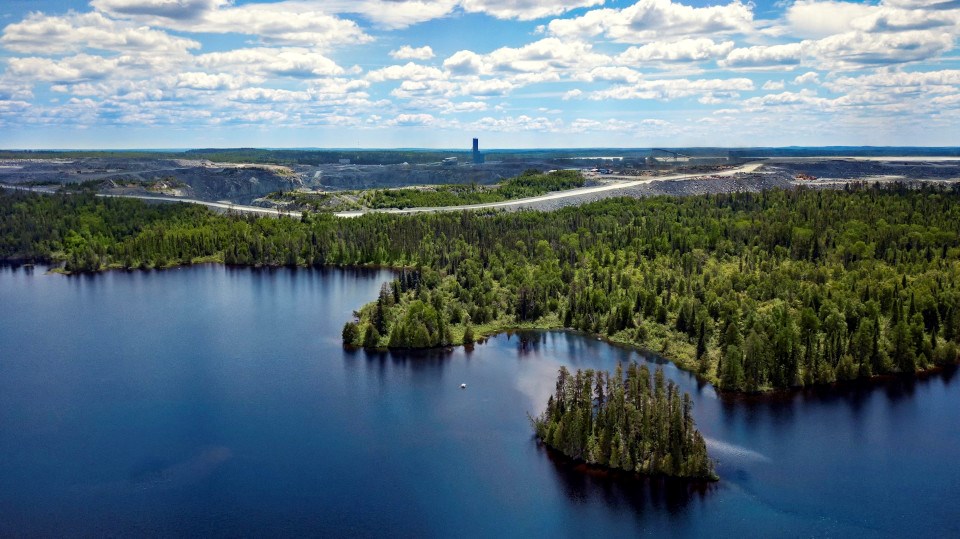The operators of a northwestern Ontario palladium mine, that experienced a worker death from COVID-19, have tentative plans to come out of lockdown and resume operations by month's end.
Impala Canada said it's taking a phased approach towards returning to full production at the remote Lac des Iles Mine, 90 kilometres northwest of Thunder Bay, as the company begins a recall of workers, many of whom fly into the city from across Ontario.
The company and local health authorities had to perform extensive contact tracing, and even isolate some workers in a Thunder Bay hotel, after an outbreak of the virus in early April that eventually topped 25 positive cases.
As of May 5, the company claims "all cases are resolved."
"Our co-workers feel well, have recovered, and are no longer in isolation," according to an emailed reply from an Impala Canada spokesperson.
One employee died in late April from COVID-19 complications due to underlying health conditions, the company said.
Impala's ramp-up schedule is as follows:
- Phase I (May 12): Rotate the care and maintenance crew and bring in required teams to complete essential repair projects.
- Phase II (May 19): conduct a partial shift change and bring in underground maintenance crews to prep production, surface haulers to prep ore stockpiles and tailings management facility crews
- Phase III (May 26): Conduct a full shift change and bring in a full operations team.
The company stressed in an email that each phase will only be executed "when we are confident it is safe to do so," through consultation with the Thunder Bay District Health Unit and a number of provincial and federal regulators and health agencies.
Want to read more stories about business in the North? Subscribe to our newsletter.
The Lac des Iles Mine employs 800 people, many on a two-week rotational basis. Under normal operating conditions, the site averages between 475 and 525 employees and contractors.
The mining company reported its first case in early April.
The worker in question was at Lac des Iles between March 29 and April 4, and had passed all screening protocols upon entering and exiting the site. The company later learned the employee had tested positive for COVID-19.
After the site evacuation, only a skeleton crew of less than 50 people remained to monitor essential infrastructure and environmental management controls, while a "deep and comprehensive sanitization" was done of the entire operation, the company said.
During the shutdown, Impala said it took a deep dive to examine how the virus spread.
"We also took the time to study the outbreak and, based on contact tracing, we believe the spread likely occurred through immediate work crews and through interactions at camp," the spokesperson said.
"We are learning from this data and re-engineering our pandemic protocols based on how we believe the virus spread."
As employees and contractors head back to work, Impala insists it's still maintaining stringent pandemic health and safety protocols.
Masks will be worn in all situations where physical distancing is difficult.
Thermal imaging cameras are now installed at all site entry points to complement existing temperature checks and symptom screening.
High-touch areas like doorknobs and countertops will be continue to see frequent cleaning, and cleaning supplies will be available iin communal living spaces.
The company insists it won't force anybody back to work, given the circumstances.
"The decision to return to work will be voluntary for all employees," said the spokesperson. "We know some will be unable or unwilling to return to work just yet, and we respect this decision. Jobs will be protected so they have employment to return to when ready."




